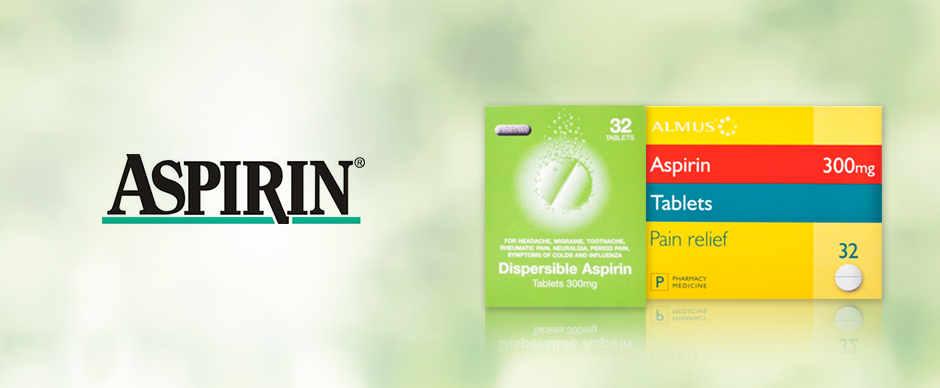
Back Pain: Prevention and Treatment
If you feel back pain, also known as lumbar pain, you’re in good company. Nearly everyone gets back pain at some point that prevents them from being able to go about their daily activities with ease. Backpain is the most frequent cause of work disability, and in Britain alone nearly 10 million people suffer from back pain. Each year the cost of back pain is estimated at £5 billion per annum.
Our bodies were meant to be agile and active, yet since the 21st century studies have shown that individual lifestyles have become more sedentary, as a result the body does not get the exercise necessary to keep its muscles flexible and strong. Weak muscles are then not able to adequately support the spine. Because of this backaches have become a common occurrence in the modern world.
The vertebrae, muscles, nerves, and complex joints are intricately joined and when muscles contract or a joint gets hurt, inflammation and pain are quickly felt by the lower back. Back pain may have a sudden onset or be a long standing pain. It may be constant or intermittent, stay in one place or radiate to other areas of the body (arms, hands, legs, or feet).
Back pain can be caused by a variety of factors:
- Lumbar strain (acute or chronic)
- Nerve irritation
- Lumbar radiculopathy (nerve irritation that is caused by damage to the discs in between the vertebrae)
- Bone and joint conditions
- Arthritis
If you feel severe back pain or any backaches three days after any accident you should plan a check-up with your local doctor or healthcare person.
Tips to protect your spine
- When lifting heavy objects that are below knee level, bend the knees to add more strength to your leg muscles instead of bending at the waist.
- Maintain a healthy weight for your body height. Being overweight can often lead to problems with herniated discs back problems.
- Get a good night’s rest with a pillow that is not too high and does not put a strain on your back or neck.
- Take over the counter pain relieving medication like Aspirin. It’s safe, effective and will allow you to get back to your activities in no time.
- Practice breathing exercises or yoga to develop your lung capacity, improve your posture and make your back stronger and more flexible.
- Maintain good posture while sitting and standing
- Keep exercising to maintain a stronger more flexible body overall
- Don’t forget to stretch your muscles and warm up before and after exercise

